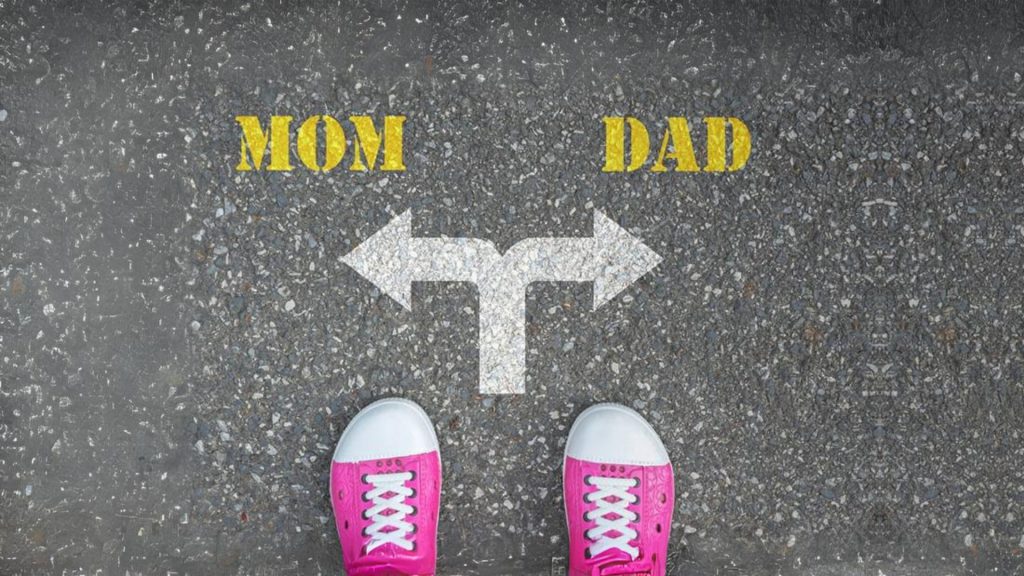“We may not be able to prepare the future for our children, but we can prepare our children for the future.”
-Franklin D. Roosevelt-
In the study room, a child complained to his mother, “Mom, the home work is too much and difficult. I don’t want to do it anymore.” His mother answered, “Tomorrow you must submit your homework. If you don’t do it the teacher will ask me to come to your school. I am ashamed. Let me do it then.”
Crying, Siska, the 6th grader, told his father when she was picked up from school. “I was mocked by Andy. I don’t like him. I want to move to another class, Pa.” Sitka’s father answered, “well then, don’t cry. Tomorrow I will come to your school and scold him. I will also ask your teacher to move you to another class.”
Have we ever encountered such condition, when our child complains, weeps, or even strikes on learning or school strikes because she or he is having trouble? Then what is our response as a parent when facing the situation?
Every parent must have the desire to fulfill the needs of their children. When children are in trouble, we are often urged to quickly provide them with all the help, in the hope that we can alleviate, even release them from the pressure and discomfort of the problems they face. Or often we feel embarrassed or reluctant to mess around with prolonged problems, so we are encouraged to immediately find a way out for our child’s problems.
Do we realize that our intervention in inappropriate ways and times in order to respond to our children’s difficulties has impacts on the development of their independence and problem solving abilities? Children who are too quick to get help will lose the opportunity to experience real difficulty in life. They are used to being helped when faced with problems, so they are not trained well to solve their own problems. As they grow older, they become less mature, difficult to solve, and dependent on others because they are accustomed to being dependent on their parents.
A person’s ability and skill to deal with life’s difficulties or problems is not something that is instantly and automatically acquired. It takes continuous practice and process. When a child faces difficulties, he is actually getting a chance to practice his ability to solve problems. He sharpens the sensitivity of reason and logic to find alternative solutions that can be taken. He also learns to make decisions and accept the consequences of his decisions. Through problems and difficulties, children learn to manage their feelings and emotions. Through the difficulties our children face, God also wants to teach them to persevere, to exercise endurance in the trials of life, and to rely on God, as it is written in Romans 5: 3-5 which says ” More than that, we rejoice in our sufferings, knowing that suffering produces endurance, and endurance produces character, and character produces hope, and hope does not put us to shame, because God’s love has been poured into our hearts through the Holy Spirit who has been given to us.” (ESV)
So, if children are trained earlier to overcome difficulties and rely on his hope for God, they will become capable in facing any obstacles and challenges in the future and rely on their hope for God. Let’s prepare our children to be tough for the future.
IPEKA Counseling Center





